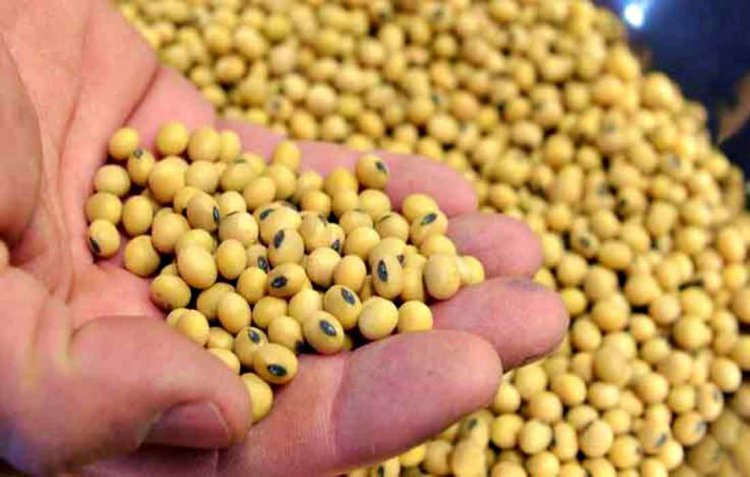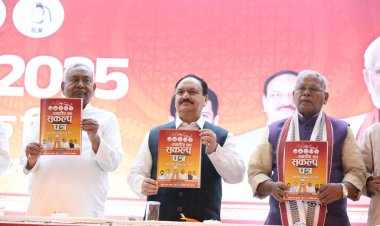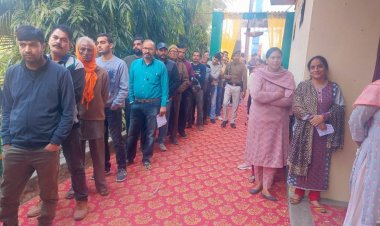Farmers warn of protests from September 1 over low soybean prices
Farmers in Madhya Pradesh will begin a protest on September 1 due to low soybean prices. As part of this protest, from September 1 to 7, they will submit requests to village Panchayat Secretaries, asking for the soybean price to be set at Rs 6,000 per quintal

The drastic fall in soybean prices in Madhya Pradesh has left farmers deeply concerned as prices in the state’s mandis have dropped to 10-year-old levels. Currently, soybean prices are ranging between Rs 3500 to Rs 4000 per quintal, significantly below the minimum support price (MSP) of Rs 4892 per quintal set by the Central Government for the upcoming Kharif marketing season. This price drop has made it difficult for farmers to even recover their production costs, pushing them towards financial distress.
In response, farmers across the state have launched a social media campaign to voice their concerns over these low prices. A more formal agitation is set to begin on September 1, with around 2000 farmer leaders from various organizations and representatives from 5000 villages expected to participate.
Ram Inaniya, a member of the Samyukta Kisan Morcha Madhya Pradesh, told Rural Voice that farmers will submit memorandums to Panchayat Secretaries in villages from September 1 to 7, which will then be forwarded to the government. The movement is supported by 25 farmer organizations under the banner of Samyukta Kisan Morcha Madhya Pradesh. The primary demand is to raise the soybean price to Rs 6000 per quintal. If no action is taken by September 7, the organizations will meet to decide on further steps.
Shivam Baghel, a founder member of the Kisan Satyagraha Manch, noted that soybean prices have fallen drastically over the past few years, with this year seeing prices drop to Rs 3500 per quintal. He highlighted that the production cost for soybean is around Rs 15,000 to Rs 20,000 per acre, while yields are typically 4 to 5 quintals per acre. With current market prices, farmers are struggling to cover even basic production costs, threatening their financial stability.



 Join the RuralVoice whatsapp group
Join the RuralVoice whatsapp group









































